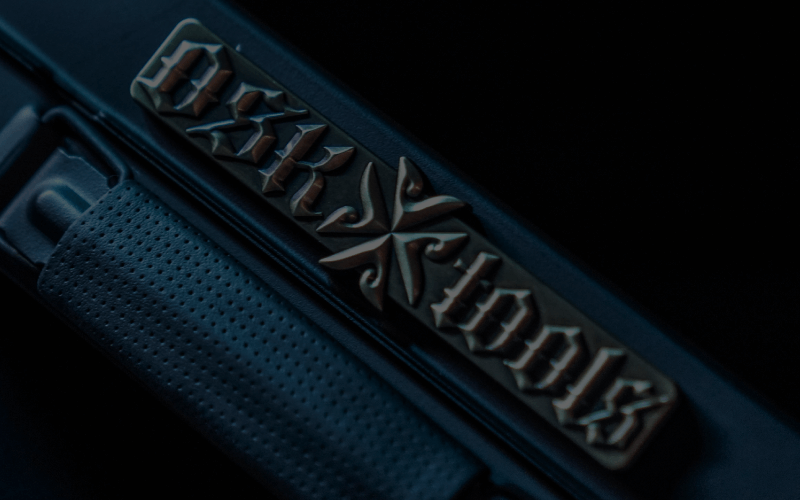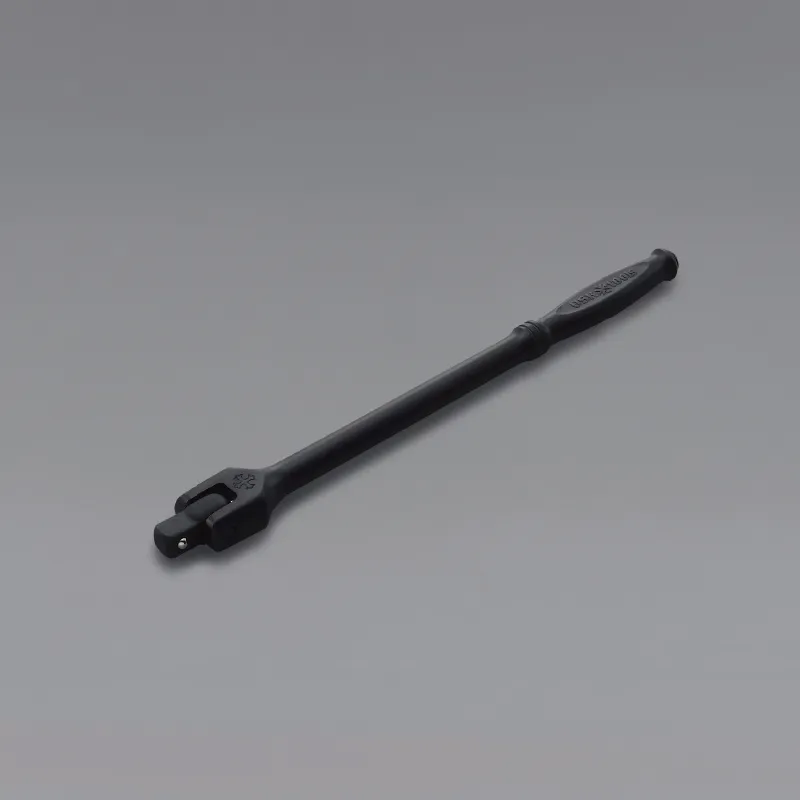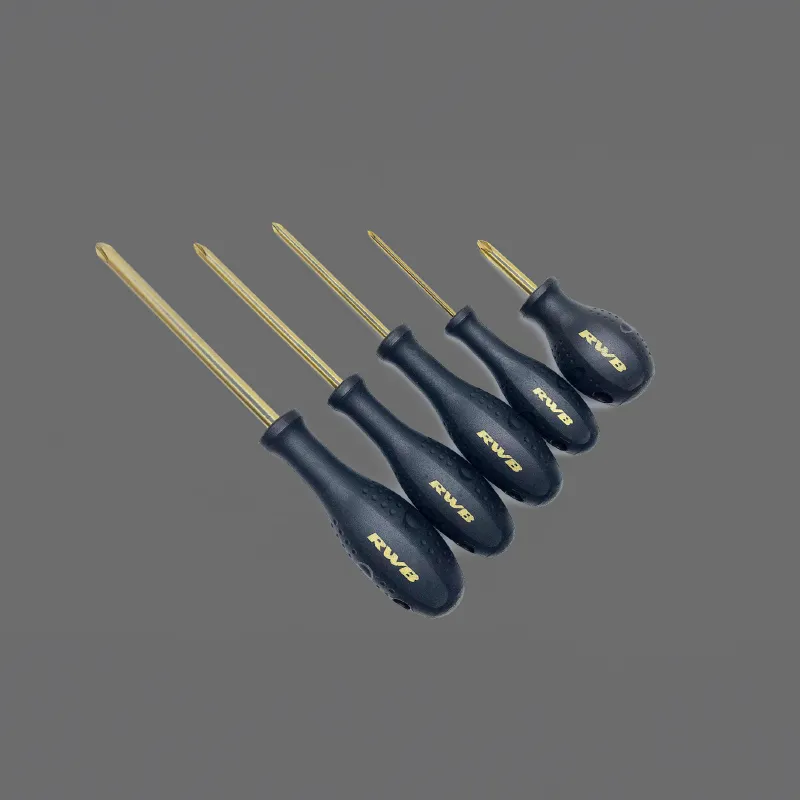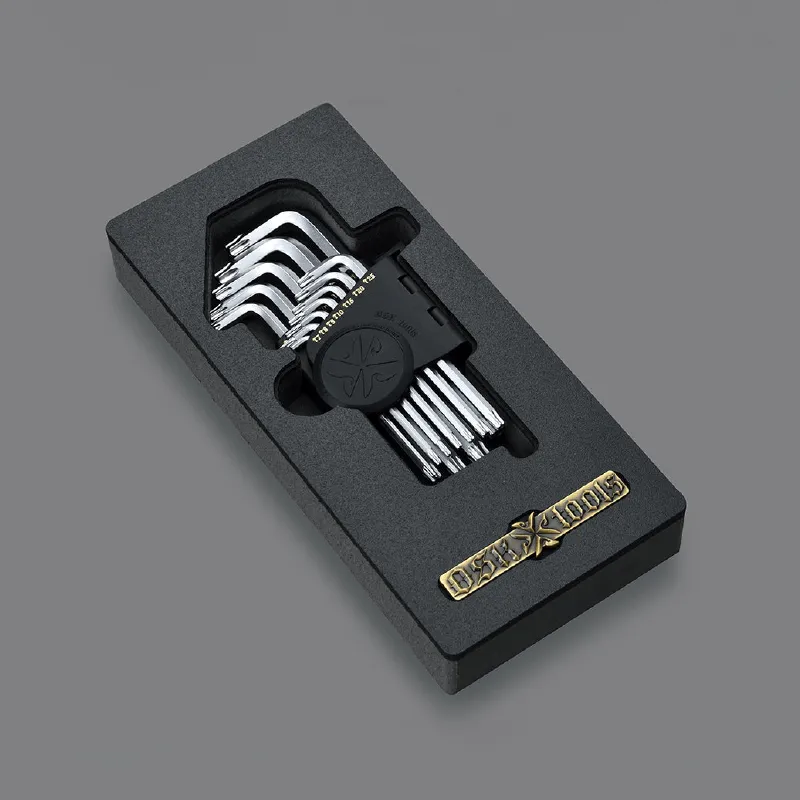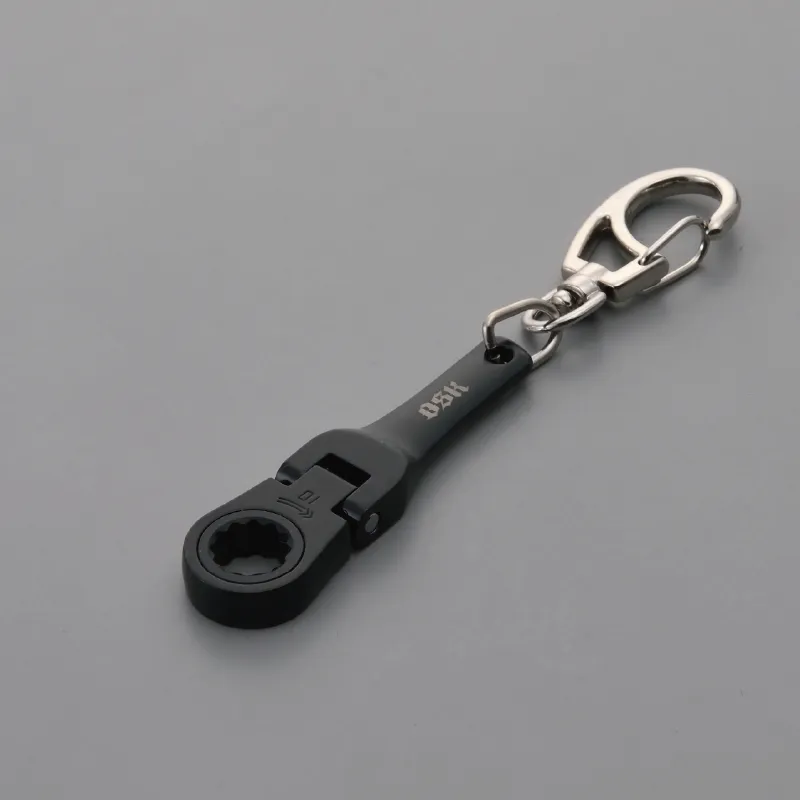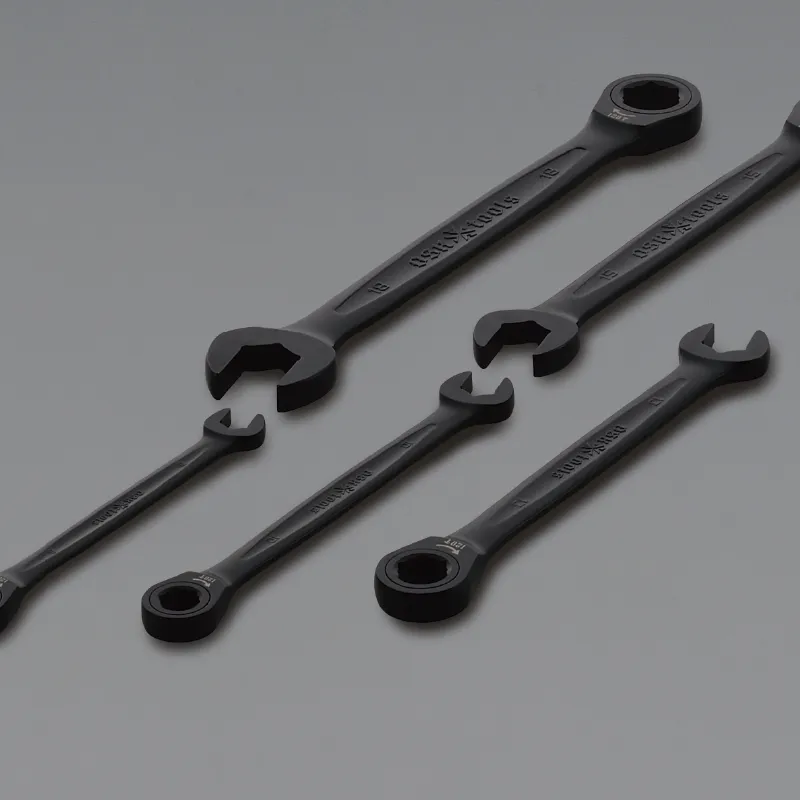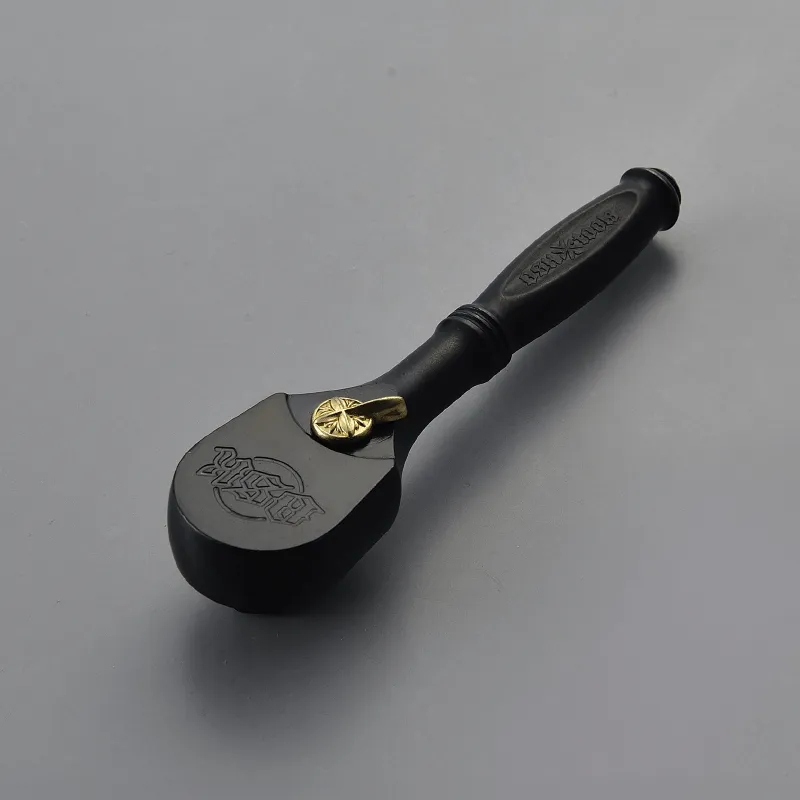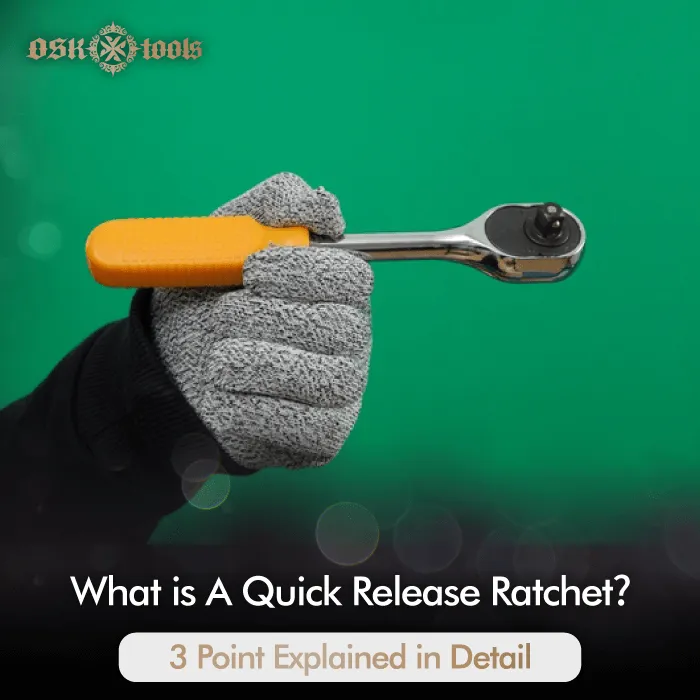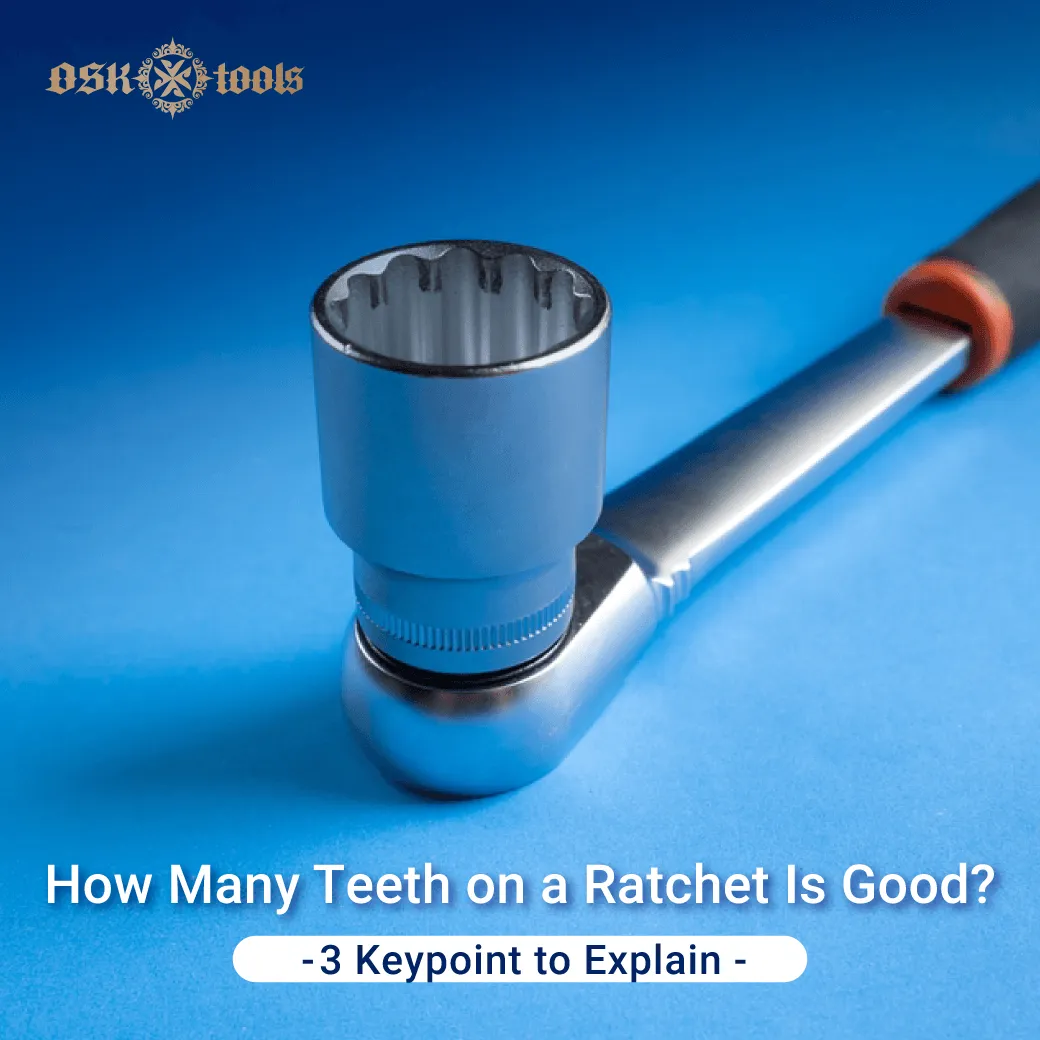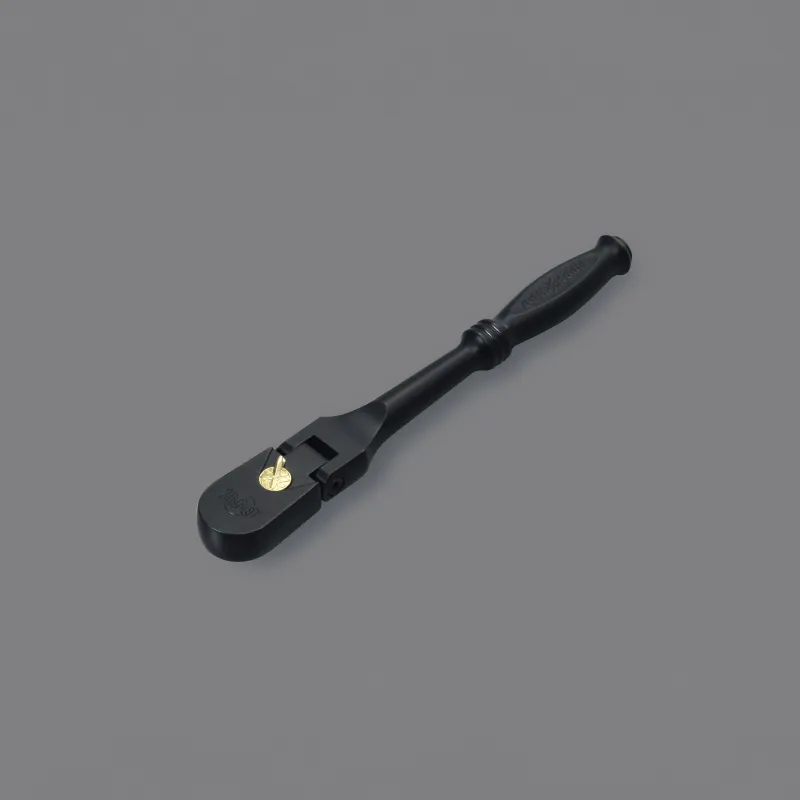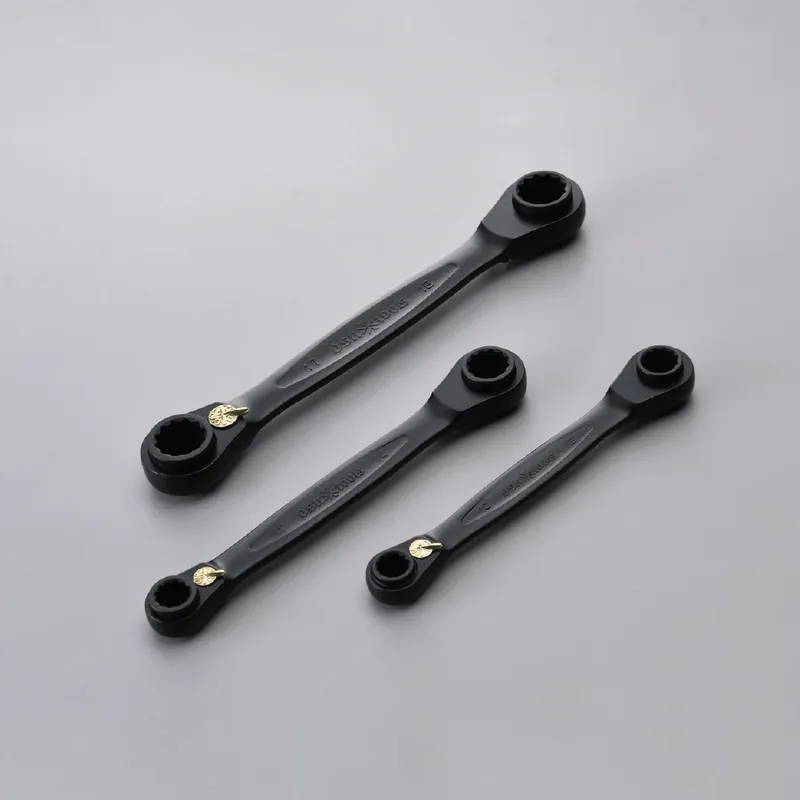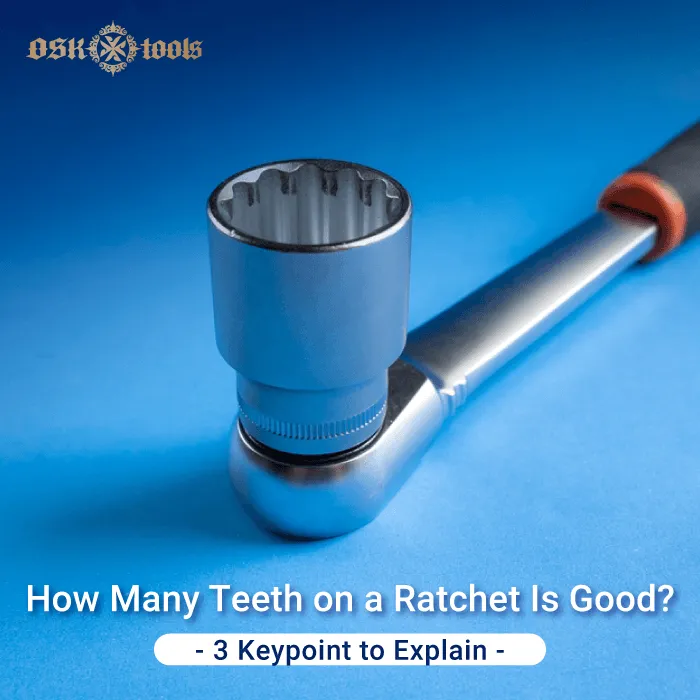
The design of the number of ratchet teeth affects accuracy, durability, and suitability for a specific task. Understanding the importance of tooth count is critical to selecting the correct ratcheting wrench to ensure efficient and reliable operation in different work environments.
Table of Contents (Click to read this paragraph)
- How many teeth on a ratchet is good? 3 point let you know▼
- Recommended ratcheting wrench: 【OSK Hand Tools】 96-hour black chrome plating, practical and non-slip▼
How many teeth on a ratchet is good? 3 point let you know

The number of teeth on a ratchet design impacts precision, durability, and suitability for specific tasks. Understanding the significance of tooth count is essential for selecting the right ratchet to ensure efficient and reliable operation in diverse work environments.
1.High-precision operations
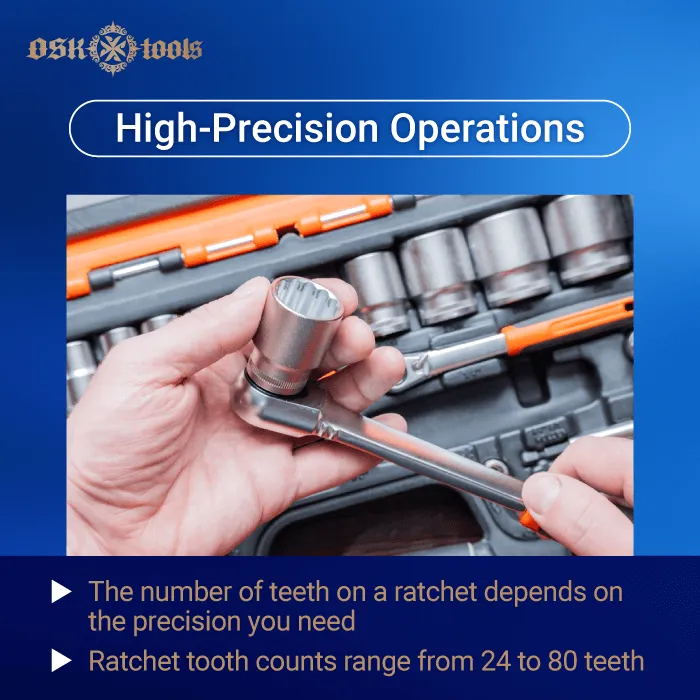
In automotive maintenance and repair, high-precision operations often necessitate ratchets with an appropriate tooth count. The number of teeth on a ratchet impacts its ability to provide accurate torque application during tasks such as engine assembly, brake system installation, or suspension adjustments. Ratchets with a higher tooth count offer finer increments of movement, allowing mechanics to achieve precise tightening or loosening of bolts and nuts. This precision is crucial for ensuring that components are securely fastened to manufacturer specifications, minimizing the risk of mechanical failures or safety hazards while driving.
Further reading: What is the best size ratcheting wrench? 4 common sizes introduction
2.High-torque requirements
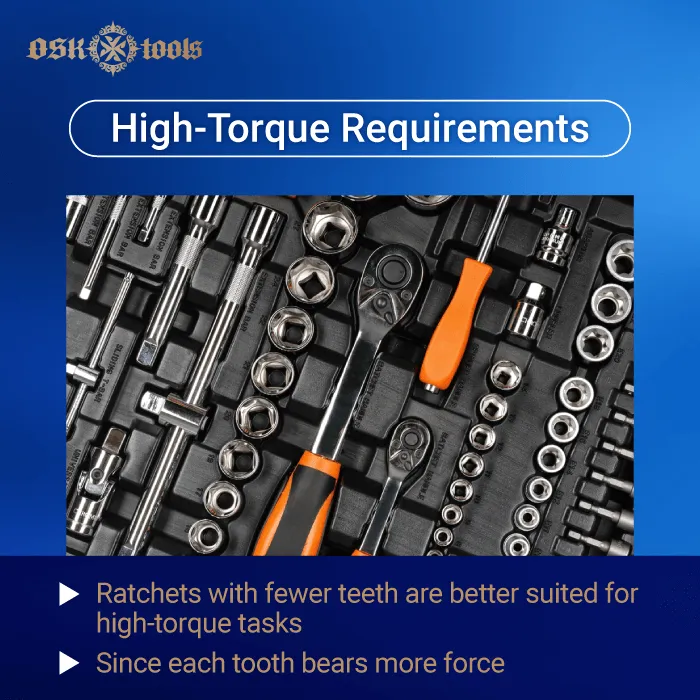
Ratchets with fewer teeth typically provide greater strength and durability, making them better suited for high-torque tasks such as loosening stubborn bolts or tightening critical fasteners in the engine or suspension systems. The larger tooth size and increased spacing between teeth in a low-tooth-count ratchet allow it to withstand higher loads without stripping or wearing out prematurely. Consequently, for high-torque applications, a ratchet with a lower tooth count is often preferred to ensure that the tool can handle the significant forces involved without compromising its integrity or performance.
Further reading: What is the differences in tooth count for ratcheting wrench? 3Q&A explain detail
3.Usage frequency and needs
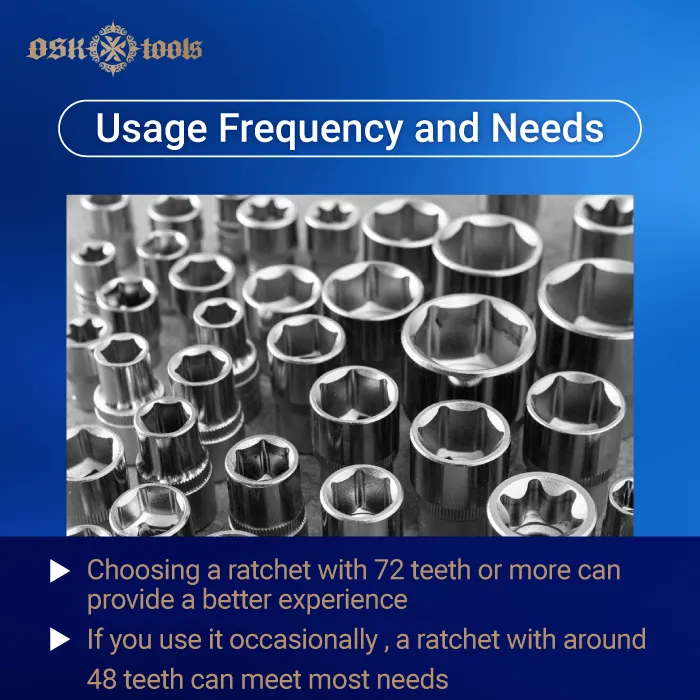
- Frequent Use: For mechanics and automotive technicians who use ratchets frequently, a ratchet with more teeth is often preferred. The finer tooth engagement allows for smoother and more efficient operation, reducing fatigue and improving productivity during repetitive tasks.
- Infrequent or Heavy-Duty Use: For applications where the ratchet is used less frequently or for heavy-duty tasks, a ratchet with fewer teeth may be more suitable. The larger teeth provide greater strength and durability, which is essential for withstanding high torque and infrequent, yet demanding, use.
- Specific Task Requirements: The specific needs of the task also dictate the optimal tooth count. Precision tasks, such as working in tight spaces or with delicate components, benefit from a higher tooth count for fine control. In contrast, tasks requiring significant force and durability, such as breaking loose rusted bolts, are better served by a ratchet with fewer teeth.
Recommended Ratchet Wrench Set [OSK Hand Tools] 72-Tooth Ratchet Wrench, Making Repairs Easier
Determining the optimal number of teeth on a car ratchet involves balancing various factors to match specific requirements. For high-precision operations, a ratchet with more teeth provides finer control and smoother operation. High-torque applications benefit from a ratchet with fewer teeth due to increased strength and durability. The frequency of use and specific task needs also influence the ideal tooth count, with frequent use favoring more teeth for efficiency and less frequent, heavy-duty use favoring fewer teeth for robustness. In summary, selecting the right ratchet tooth count ensures efficient, reliable, and safe automotive maintenance and repair.
We recommend 【OSK Hand Tools】 brand ratcheting wrenches. Our tools feature a black chrome coating and have passed a 96-hour salt spray test, ensuring the coating won't peel off easily while maintaining a comfortable and stable grip. If you need a wrench, head over to the wrench section and make your purchase now!
Released on 2024-06-07|Last updated on 2024-07-12 | 9886
OSK Tools-Wrench Brand
Phone: +1 949 372 2831(Click to call)
Facebook:OSK Tools(Click to visit)
FB Messenger:OSK Tools(Click to DM)
Service Time: 09:00-18:00 on weekdays


